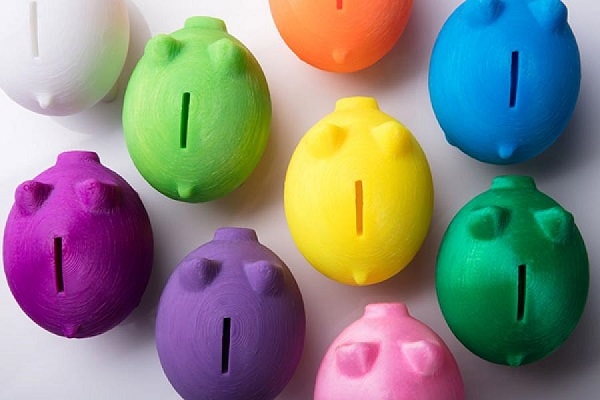Savers sitting on record £1.5 trillion in cash and losing out on income
Money worries mean consumers hoard cash, but lose out on £1,350 per household.
8th September 2020 14:56
by Stephanie Baxter from interactive investor
Money worries lead consumers to hoard cash, but lose out on £1,350 per household in the process.

Savers are sitting on a £1.5 trillion cash mountain due to worries about the economic impact of Covid-19 and are losing out on income, research shows.
Janus Henderson Investment Trusts says savers put £77 billion into cash in the first half of the year, on track to beat the previous record of £82 billion for a whole year in 2016.
The amount held in cash is roughly equal to almost a whole year of UK household income, or the value of all the country’s residential mortgages.
Almost £1.2 trillion of this cash is not needed to meet household emergencies and is earning minimal interest of around £5.7 billion for the whole of 2020, according to the firm.
Savers could have earned £38 billion of income in the past 12 months by investing the cash instead – equivalent to £1,350 for every household, according to Janus Henderson.
At the end of June 2020, the average savings rate was just 0.39%, compared to the 3.6% FTSE All-Share yield.
Janus Henderson, director and head of investment trusts James de Sausmarez, says: “For every one of the last 13 years, shares have provided a better income than cash. But even years of ultra-low interest rates have not deterred savers from stowing away a record amount of it.”
- Inflation hike leaves consumers with eroded cash pots
- Savings rates halve during coronavirus pandemic
Investors can get as much as 15 times the income from cash savings accounts through investment trusts, according to Janus Henderson.
For example, the City of London Investment Trust (LSE:CTY), which mostly invests in UK equities, recently reached a dividend yield of 6.03% . This means £1,000 invested would provide £60 in income over the next year.
Personal finance expert Andrew Hagger said it is understandable why households are reluctant to lock their money away in investments.
- False dawn for savers as bond rate rises set to stall
- Should you reinvest your Child Trust Fund cash?
- Find out more about interactive investor SIPP and pensions
Hagger says: “We're in a very strange time at the moment and there is fear that once furlough begins to unwind, there might be a lot more job losses and a worse recession.
“People are keeping that cash as their safety net because they really don't know what's going to happen over the next six to 12 months. Whereas, putting money into equities or an investment trust is more of a medium to long-term investment.”
He added that Britons have recently put £8 billion into premium bonds and paid off £10 billion of credit card balances.
Hagger says: “People are thinking differently at the moment. The patterns are just totally reversed to what you normally tend to see.”
These articles are provided for information purposes only. Occasionally, an opinion about whether to buy or sell a specific investment may be provided by third parties. The content is not intended to be a personal recommendation to buy or sell any financial instrument or product, or to adopt any investment strategy as it is not provided based on an assessment of your investing knowledge and experience, your financial situation or your investment objectives. The value of your investments, and the income derived from them, may go down as well as up. You may not get back all the money that you invest. The investments referred to in this article may not be suitable for all investors, and if in doubt, an investor should seek advice from a qualified investment adviser.
Full performance can be found on the company or index summary page on the interactive investor website. Simply click on the company's or index name highlighted in the article.